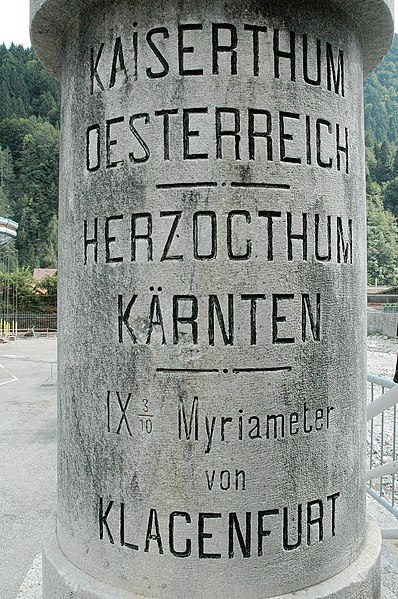The kilogram is the base unit of mass in the International System of Units (SI), having the unit symbol kg. It is a widely used measure in science, engineering and commerce worldwide, and is often simply called a kilo colloquially. It means 'one thousand grams'.
A series of 5, 2, 1, 0.5 and 0.2 kilogram weights, made out of rusty cast iron
The International Prototype of the Kilogram, whose mass was defined to be one kilogram from 1889 to 2019.
A Kibble balance, which was originally used to measure the Planck constant in terms of the IPK, can now be used to calibrate secondary standard weights for practical use.
International System of Units
The International System of Units, internationally known by the abbreviation SI, is the modern form of the metric system and the world's most widely used system of measurement. Coordinated by the International Bureau of Weights and Measures it is the only system of measurement with an official status in nearly every country in the world, employed in science, technology, industry, and everyday commerce.
Silicon sphere for the Avogadro project used for measuring the Avogadro constant to a relative standard uncertainty of 2×10−8 or less, held by Achim Leistner
Stone marking the Austro-Hungarian/Italian border at Pontebba displaying myriametres, a unit of 10 km used in Central Europe in the 19th century (but since deprecated)
Closeup of the National Prototype Metre, serial number 27, allocated to the United States





